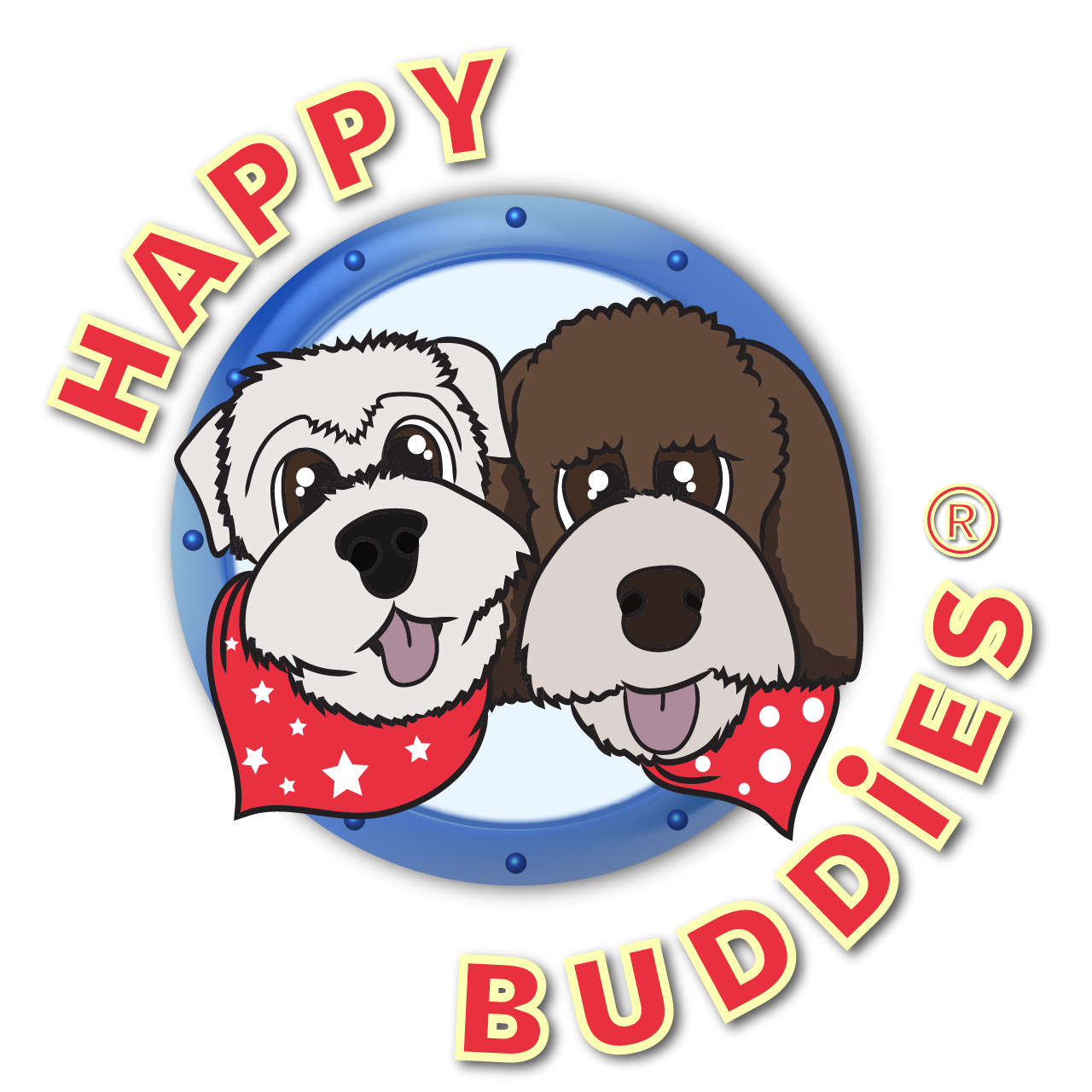Puppy Socialisation - Start EARLY!
Can you start to socialise your puppy before they are fully vaccinated? ABSOLUTELY!
What is socialisation?
Socialisation is the process by which we try to expose our puppies to everything that they are likely to encounter within their lives. Creating opportunities to expose your puppy to a variety of social and environmental situations is fundamental for your puppy's physical, emotional and behavioural development.
One of the most important things you can do for your puppy is to help it socialise. When a puppy is young, new experiences are approached without fear, but as they grow, puppies become increasingly fearful of new encounters and by just 14 weeks of age, the window of opportunity closes as fear starts to outweigh their keenness to approach new things.
A lack of socialisation during a puppy’s early development can lead to them being fearful and anxious when they face novel stimuli and situations later in life. Socialisation is, therefore, extremely important for your puppy’s happiness and wellbeing as it will help your puppy to feel relaxed, even in challenging situations.
So let’s take a look at what is truly needed to socialise your puppy effectively.
Encounters with other puppies and dogs. Puppies need to mix with sociable puppies and dogs and if you see any behaviours you do not want your puppy to show to other dogs as an adult, you should gently intervene to prevent them practising that behaviour. It also includes teaching them that they can’t always interact with puppies and dogs they see, but that when in proximity to them, it is sometimes a good idea to ignore them and focus on their handler instead.
Encounters with Humans. Puppies need to have pleasant encounters with different types of people and different ages of children every day. The more humans your puppy meets and plays with, the more tolerant and friendly it will become, this includes veterinary staff, groomers and delivery people too. Again, it is also important to teach them that sometimes, it is more beneficial to ignore some people and turn their attention to their handler instead.
Puppies also need to experience different environments and situations, particularly those that you are likely to take your puppy to at some point during their life. They need to experience car travel, traffic, crowds, towns, countryside, beaches, cafes, pubs, parks and much more. Equally, they need to experience different surfaces such as grass, pavement, sand and hear different noises such as the hairdryer, vacuum cleaner, lawnmower, thunder and fireworks.
They need to be introduced to other animals such as horses, livestock, cats etc.
Check out my other blog on socialisation and habituation to find some more examples of what you can socialise your puppy to.
Attending Puppy School classes are a great way to socialise your puppy, but in addition, their socialisation needs to start much earlier. A good breeder will already have started the socialisation process by making sure that the puppies are introduced to people and household pets where possible. It is then down to you to carefully arrange for your puppy to have several new experiences EVERY DAY with plenty of time for rest in between. You don’t have to wait until they are fully vaccinated though! You can take your puppy out and about with you as much as possible using a puppy sling or papoose - they may not be able to go on the ground outside yet, but you can carry them so that they can experience the world in a safe way.
All socialisation experiences should be happy and positive and as young puppies tire easily, keep encounters short and sweet, build up experiences carefully and take care not to overwhelm them with too much at once.

